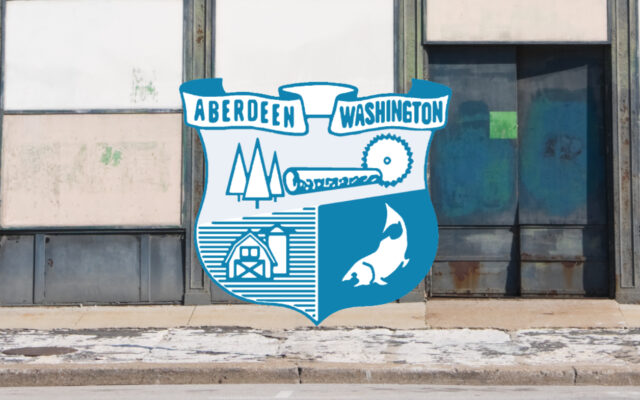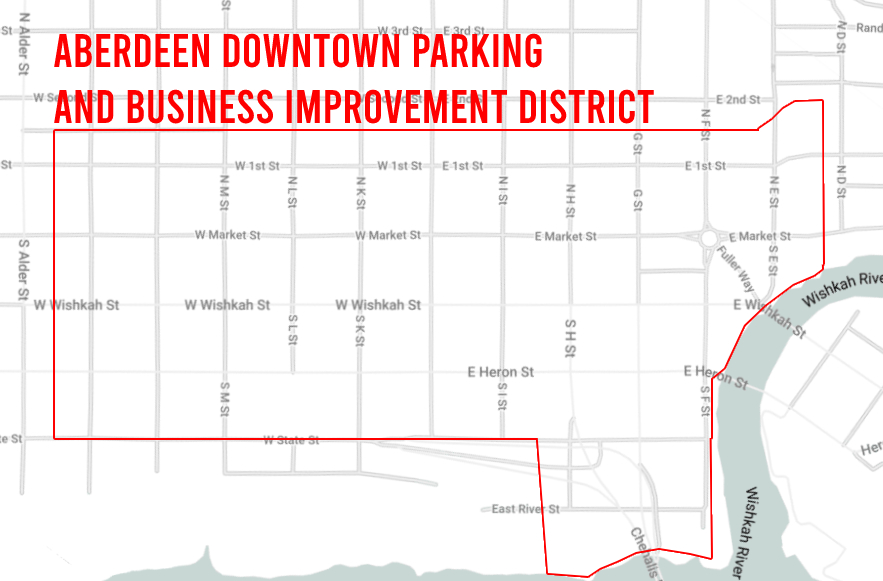Aberdeen proposing rules and fines for vacant buildings in downtown

The City of Aberdeen is looking to crack down on vacant and dilapidated buildings.
At their City Council meeting on Wednesday, the conversation began on sweeping new changes to local laws that are intended to ensure buildings that are not being used or are going into disrepair get the attention they need and are not an eyesore.
“Vacant buildings have led to increased vagrancy, vandalism, loitering and generally an eyesore to our central commercial business core.”
Community Development Director Lisa Scott and her team designed the proposed framework for a Vacant Building Program following growing concerns and complaints around the buildings sitting unused within the Downtown Parking and Business Improvement District.

The changes would update local municipal code to allow staff to monitor and address buildings that are going unused, and would set requirements for when a building is vacant. Staff would inspect the buildings to ensure that rules are being followed.
It would also require building owners to notify the city if their commercial space becomes vacant, paying a fee to register the building, and updating that registration on a regular basis.There would also be fees collected if the building owners failed to register.
The proposed fees would be based on how long a building sat vacant.
- $100 dollars for each building for less than one year;
- $150 dollars for each building for at least one year but less than two years;
- $200 dollars for each building vacant to at least two years but less than three years;
- $250 dollars for each building vacant for at least three years and for each year thereafter until the building is occupied.
- $100 dollars will be charged monthly for an inspection to verify that the building is being maintained in a secure and clean manner.
The fee structure would need to be approved by the city council.
Scott said that staff understand this would be an adjustment for owners
Fees paid by building owners to register the buildings would be placed into the Good Neighbor’s Fund to assist with property improvements.
Among the proposals, it would set minimum maintenance requirements for buildings. This would include maintaining all exterior surfaces to ensure that no glass is broken, wood surfaces are painted or treated, all walls are free of rust, algae, moss, dirt, or loose materials, as well as more stipulations.
Among the proposed rules would be the requirement that if a commercial building is unoccupied for more than thirty days, the owners must utilize any street level windows by placing artwork in or on the windows to “maintain a vibrant streetscape” with artwork being displayed under the guidance of the local arts commission.



